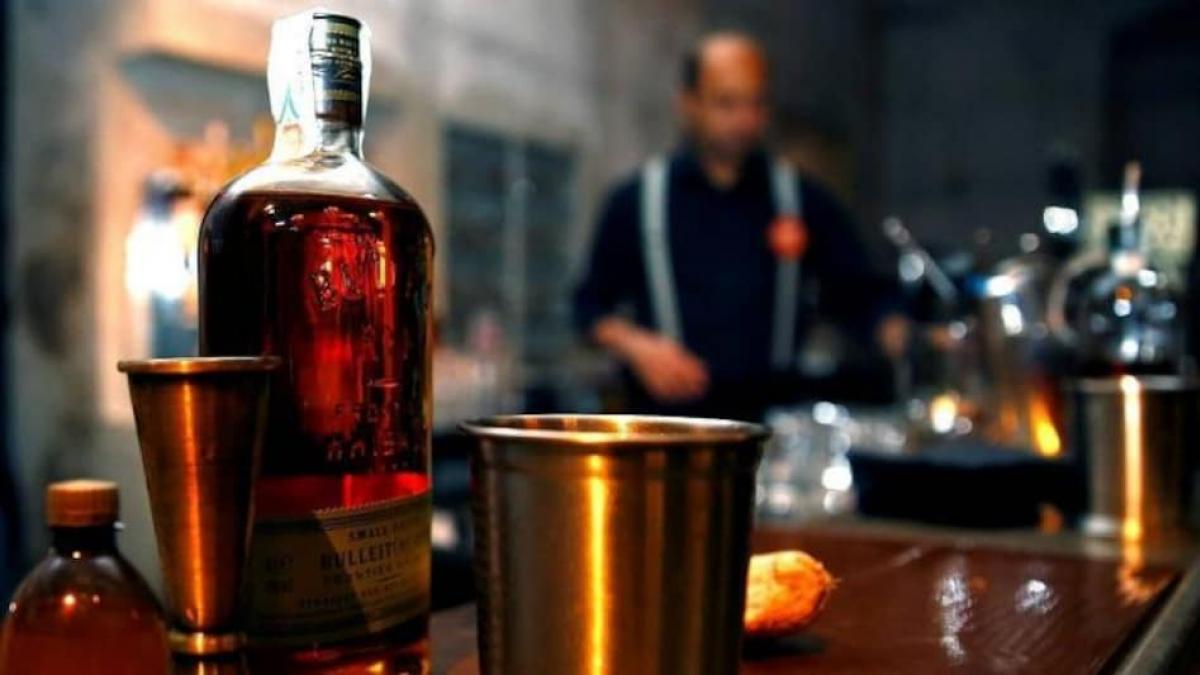

The Delhi government has extended its ‘Old Excise policy’ for another six months, according to the Excise Department. The Delhi government has also directed officials to draught a new excise policy as soon as possible. According to the Excise Department, there will be five dry days during these six months: Mahavir Jayanti, Good Friday, Buddha Purnima, Eid al-Fitr, and Eid al-Adha.
For the time being, the Delhi government has revoked the New Excise Policy and reinstated the old policy. Because officials were unable to prepare a new excise policy, the old policy was extended for another six months.
Meanwhile, Delhi Deputy Chief Minister Manish Sisodia is being held by the ED in connection with the same excise policy case. He was apprehended by the Enforcement Directorate (ED) while in judicial custody at Tihar Jail.
The CBI arrested Sisodia in the liquor policy case on February 26 and sentenced him to 14 days in judicial custody on March 6. He was arrested in connection with alleged irregularities in the formulation and implementation of the National Capital Territory of Delhi’s excise policy (GNCTD).
The Rouse Avenue court in Delhi placed him in judicial custody until March 20.
Earlier, the ED made another arrest in the case, taking Hyderabad-based businessman Arun Ramchandra Pillai into custody.
In the case of the spirit, the probe agency has also questioned Bharatiya Rashtriya Samiti (BRS) MLC and Telangana Chief Minister K Chandrashekhar Rao’s daughter, K Kavitha. The excise policy was approved by the Delhi Cabinet led by Chief Minister Arvind Kejriwal in the midst of the deadly Delta Covid-19 pandemic in 2021.
According to the Delhi government, the policy was developed to maximise revenue generation, eliminate the sale of spurious spirits or non-duty-paid spirits in Delhi, and improve user experience. The CBI had filed a case against alleged corruption in the excise policy for 2021-22. The AAP government subsequently repealed the excise policy.
Sisodia was one of 15 people arrested in an FIR filed by the CBI. In the case, excise officials, spirits company executives, dealers, some unknown public servants, and private individuals were arrested. It was claimed that irregularities were committed, such as changes to the Excise Policy, and undue favours were extended to licence holders, such as a waiver or reduction in licence fee, an extension of L-1 licence without approval, and so on.
Residents in parts of Western Washington are bracing for potentially damaging storms on Wednesday, with…
Srinagar's historic Amira Kadal wooden bridge is undergoing a significant transformation, blending its rich architectural…
Donald Trump’s announcement of a 25-percent tariff on all auto imports. The decision has sparked…
Traveling to Bangkok with a pre-planned trip schedule and still finding some time to spare…
A political controversy has erupted in Maharashtra as ruling party legislators from Shiv Sena and…
Liquor stores across Noida are rolling out heavy discounts and special offers like ‘buy 1…